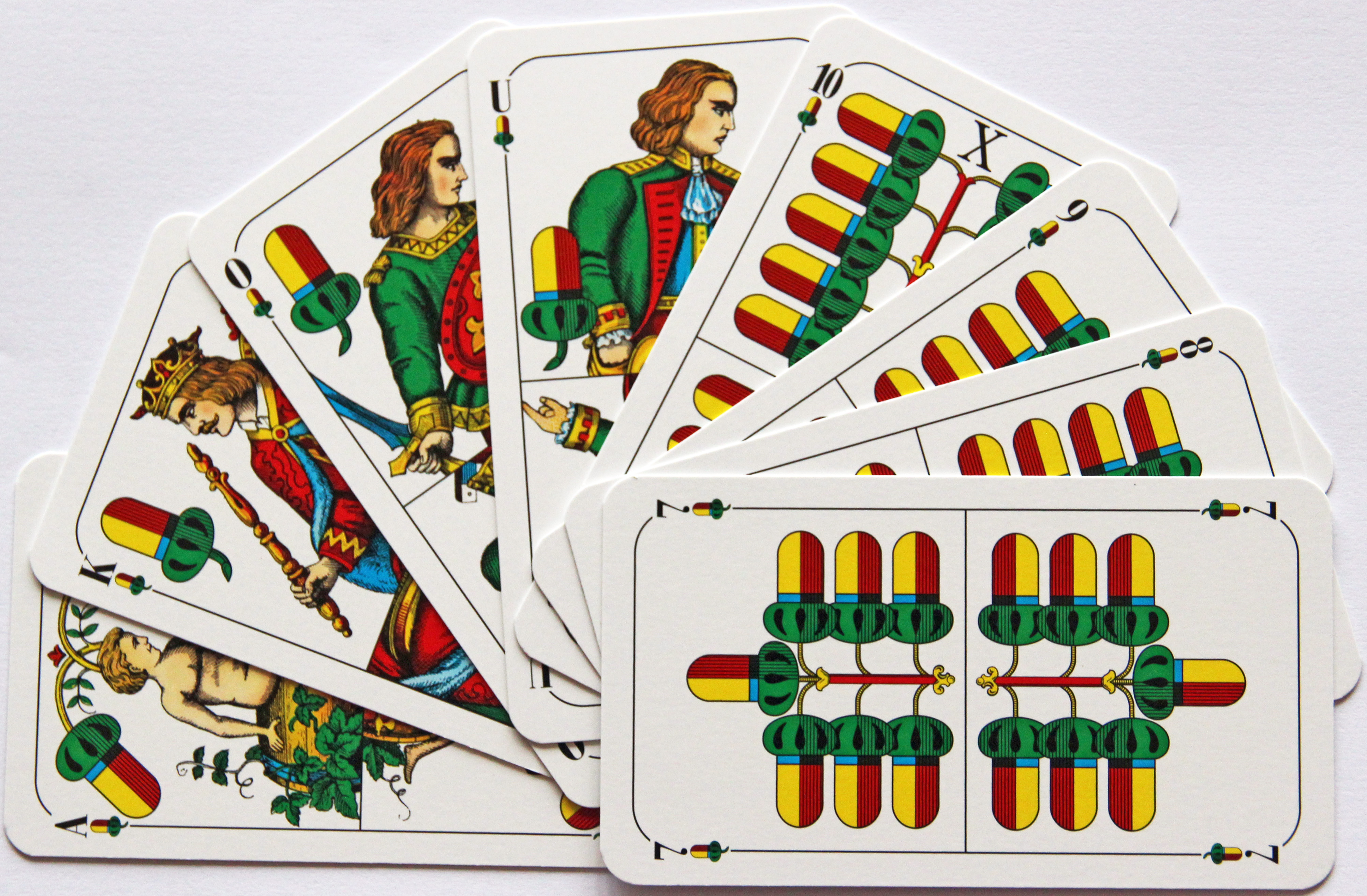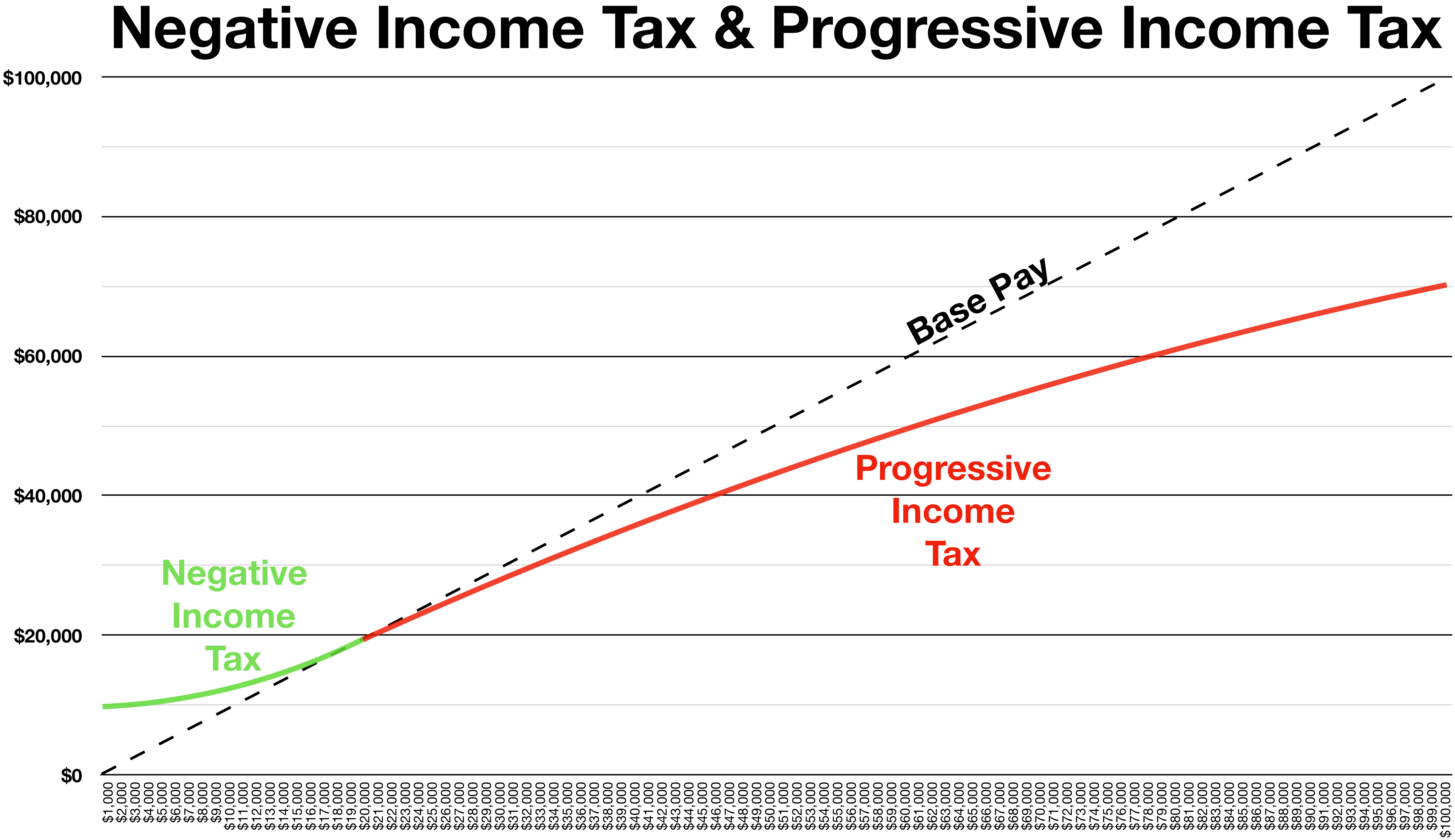|
Revenu De Solidarité Active
The Revenu de solidarité active (RSA) is a French form of in work welfare benefit aimed at reducing the barrier to return to work. It was implemented on 1 June 2009 by the French government. RSA replaces the Revenu minimum d'insertion; its goal is to provide a minimum income for unemployed and underemployed workers, with the aim of encouraging them to find work, and provide a complement for low-wage workers so that they do not suffer the perverse effects of earning less through employment than unemployment. RSA is also intended to replace Allocation de parent isolé (API) and ultimately various other government-sponsored back-to-work incentives and initiatives such as contrat unique d'insertion, contrat d'accompagnement dans l'emploi and contrat initiative emploi. As of 1 April 2020, the monthly RSA allocation is €550.93 for a single person. Although the initial programme applied only to workers over the age of 25, "La loi de finances pour 2010 (article 135)" [...More Info...] [...Related Items...] OR: [Wikipedia] [Google] [Baidu] |
Welfare Benefit
Welfare, or commonly social welfare, is a type of government support intended to ensure that members of a society can meet Basic needs, basic human needs such as food and shelter. Social security may either be synonymous with welfare, or refer specifically to social insurance programs which provide support only to those who have previously contributed (e.g. most pension systems), as opposed to ''social assistance'' programs which provide support on the basis of need alone (e.g. most disability benefits). The International Labour Organization defines social security as covering old age pension, support for those in old age, Child benefit, support for the maintenance of children, Universal healthcare, medical treatment, parental leave, parental and sick leave, unemployment benefits, unemployment and disability benefits, and workers' compensation, support for sufferers of occupational injury. More broadly, welfare may also encompass efforts to provide a basic level of well-being ... [...More Info...] [...Related Items...] OR: [Wikipedia] [Google] [Baidu] |
Revenu Minimum D'insertion
The Revenu minimum d'insertion (RMI) was a French form of social welfare. It is aimed at people without any income who are of working age but do not have any other rights to unemployment benefits (such as contributions-based unemployment benefits). It was created in 1988 by Jean-Michel Belorgey, by the government of Michel Rocard (Socialist Party), and aimed at helping people who had the most problems with finding work. The RMI has been fully replaced by the ''Revenu de solidarité active'' (RSA) in 2009, after a transition starting in 2007. Eligibility Recipients must fulfill the following conditions: * be older than 25 or have children; * commit to finding work within 3 months of the first payment of benefit; * live in France and, for non-EU nationals, have proof of having lived there for a minimum of five years; * not be a pupil, student, or in work experience; * not be married, in a civil union or a domestic partnership with someone who does not fulfill the conditions. Ev ... [...More Info...] [...Related Items...] OR: [Wikipedia] [Google] [Baidu] |
Allocation De Parent Isolé
Allocation may refer to: Computing * Block allocation map * C++ allocators * Delayed allocation * File allocation table * IP address allocation * Memory allocation * No-write allocation (cache) * Register allocation Economics * Asset allocation * Economic system * Market allocation scheme * Resource allocation * Tax allocation district Telecommunication * Call-sign allocation plan * Frequency allocation * Type allocation code Other * Allocution (law), or allocutus, is a formal statement made to the court * Allocation (oil and gas) in hydrocarbon accounting to assign the proper portions of aggregated petroleum and gas flows back to contributing sources * Allocation voting in voting * Location-allocation Location-allocation refers to algorithms used primarily in a geographic information system to determine an optimal location for one or more facilities that will service demand from a given set of points. Algorithms can assign those demand points t ..., used in geo ... [...More Info...] [...Related Items...] OR: [Wikipedia] [Google] [Baidu] |
Contrat Unique D'insertion
The following is a glossary of terms used in card games. Besides the terms listed here, there are thousands of common and uncommon slang terms. Terms in this glossary should not be game-specific (e.g. specific to Bridge, Hearts, Poker or Rummy), but apply to a wide range of card games. For glossaries that relate primarily to one game or family of similar games, see Game-specific glossaries. A ; Ace # The card with one pip in a pack of cards. Usually the highest card of a suit, ranking immediately above the King. May also occupy the lowest rank. # Commonly refers to the Deuce or Two in German-suited packs which don't have real Aces. Often the highest card of a suit. ; Acorns : One of the four suits in a German-suited pack of cards. Symbol: ; active # A card that is in play i.e. not sleeping. # See active player. ; active player # A player who receives cards in the current deal (i.e. is not sitting out because there are more players than the game is desig ... [...More Info...] [...Related Items...] OR: [Wikipedia] [Google] [Baidu] |
Contrat D'accompagnement Dans L'emploi
The following is a glossary of terms used in card games. Besides the terms listed here, there are thousands of common and uncommon slang terms. Terms in this glossary should not be game-specific (e.g. specific to Bridge, Hearts, Poker or Rummy), but apply to a wide range of card games. For glossaries that relate primarily to one game or family of similar games, see Game-specific glossaries. A ; Ace # The card with one pip in a pack of cards. Usually the highest card of a suit, ranking immediately above the King. May also occupy the lowest rank. # Commonly refers to the Deuce or Two in German-suited packs which don't have real Aces. Often the highest card of a suit. ; Acorns : One of the four suits in a German-suited pack of cards. Symbol: ; active # A card that is in play i.e. not sleeping. # See active player. ; active player # A player who receives cards in the current deal (i.e. is not sitting out because there are more players than the game is designed for ... [...More Info...] [...Related Items...] OR: [Wikipedia] [Google] [Baidu] |
Contrat Initiative Emploi
The following is a glossary of terms used in card games. Besides the terms listed here, there are thousands of common and uncommon slang terms. Terms in this glossary should not be game-specific (e.g. specific to Bridge, Hearts, Poker or Rummy), but apply to a wide range of card games. For glossaries that relate primarily to one game or family of similar games, see Game-specific glossaries. A ; Ace # The card with one pip in a pack of cards. Usually the highest card of a suit, ranking immediately above the King. May also occupy the lowest rank. # Commonly refers to the Deuce or Two in German-suited packs which don't have real Aces. Often the highest card of a suit. ; Acorns : One of the four suits in a German-suited pack of cards. Symbol: ; active # A card that is in play i.e. not sleeping. # See active player. ; active player # A player who receives cards in the current deal (i.e. is not sitting out because there are more players than the game is desig ... [...More Info...] [...Related Items...] OR: [Wikipedia] [Google] [Baidu] |
Martin Hirsch
Martin Hirsch (born 6 December 1963 in Suresnes) is a French civil servant who was the former head of Emmaüs France, the former High Commissioner for Active Solidarity against Poverty, and the High Commissioner for Youth in the government of François Fillon. Hirsch was in charge of setting up the Revenu de solidarité active and left the government in March 2010 to head the state's Civic Service Agency. Hirsch holds a master's degree in Neurobiology and is an alumnus of the École Normale Supérieure and of the École Nationale d'Administration. He is married to Florence Noiville. on OECD's website Bibliography *''Les Enjeux de la protection sociale'' (1993) *''L'Affolante Histoire de la vache folle'' (en coll., 1996) *''Ces Peurs qui no ...[...More Info...] [...Related Items...] OR: [Wikipedia] [Google] [Baidu] |
Negative Income Tax
In economics, a negative income tax (NIT) is a system which reverses the direction in which tax is paid for incomes below a certain level; in other words, earners above that level pay money to the state while earners below it receive money, as shown by the blue arrows in the diagram. NIT was proposed by Juliet Rhys-Williams while working on the Beveridge Report in the early 1940s and popularized by Milton Friedman in the 1960s as a system in which the state makes payments to the poor when their income falls below a threshold, while taxing them on income above that threshold. Together with Friedman, supporters of NIT also included James Tobin, Joseph A. Pechman, and Peter M. Mieszkowski, and even then-President Richard Nixon, who suggested implementation of modified NIT in his Family Assistance Plan. After the increase in popularity of NIT, an experiment sponsored by the US government was conducted between 1968 and 1982 on effects of NIT on labour supply, income, and substitutio ... [...More Info...] [...Related Items...] OR: [Wikipedia] [Google] [Baidu] |
Minimum Wage
A minimum wage is the lowest remuneration that employers can legally pay their employees—the price floor below which employees may not sell their labor. Most countries had introduced minimum wage legislation by the end of the 20th century. Because minimum wages increase the cost of labor, companies often try to avoid minimum wage laws by using gig workers, by moving labor to locations with lower or nonexistent minimum wages, or by automating job functions. The movement for minimum wages was first motivated as a way to stop the exploitation of workers in sweatshops, by employers who were thought to have unfair bargaining power over them. Over time, minimum wages came to be seen as a way to help lower-income families. Modern national laws enforcing compulsory union membership which prescribed minimum wages for their members were first passed in New Zealand in 1894. Although minimum wage laws are now in effect in many jurisdictions, differences of opinion exist about the benefit ... [...More Info...] [...Related Items...] OR: [Wikipedia] [Google] [Baidu] |
Guaranteed Minimum Income
Guaranteed minimum income (GMI), also called minimum income (or mincome for short), is a social-welfare system that guarantees all citizens or families an income sufficient to live on, provided that certain eligibility conditions are met, typically: citizenship; a means test; and either availability to participate in the labor market, or willingness to perform community services. The primary goal of a guaranteed minimum income is reduction of poverty. In circumstances when citizenship is the sole qualification, the program becomes a universal basic income system. Elements A system of guaranteed minimum income can consist of several elements, most notably: * Calculation of the social minimum, usually below the minimum wage * Social safety net that helps those without sufficient financial means survive at the social minimum through payments or a loan, generally conditional on availability for work, performance of community services, some kind of social contract, or commitment t ... [...More Info...] [...Related Items...] OR: [Wikipedia] [Google] [Baidu] |
Poverty In France
Poverty in France has fallen by 60% over thirty years. Although it affected 15% of the population in 1970, in 2001 only 6.1% (or 3.7 million people) were below the poverty line (which, according to INSEE's criteria, is half of the median income). An OECD study from the early 1970s estimated that 16% of the French population lived in poverty, compared with 13% in the United States, 11% in Canada, 7.5% in the United Kingdom, and 3% in Germany. Other national estimates at the time were 13% (the United States), 11% (Canada), 8% (Australia), 5% (Norway), and 3.5% (Sweden). In 1975, a basic tax-free cash allowance starting at £665 for children under the age of ten provided a considerable amount of support for families living on low incomes, and its combination with direct taxation meant greater support to poor families than in any other country in the EEC. A two-parent family with four dependent children on 66% of average earnings gained an amount after tax and allowances equ ... [...More Info...] [...Related Items...] OR: [Wikipedia] [Google] [Baidu] |
Working Tax Credit
Working Tax Credit (WTC) is a state benefit in the United Kingdom made to people who work and have a low income. It was introduced in April 2003 and is a means-tested benefit. Despite their name, tax credits are not to be confused with tax credits linked to a person's tax bill, because they are used to top-up wages. Unlike most other benefits, it is paid by HM Revenue and Customs (HMRC). WTC can be claimed by working individuals, childless couples and working families with dependent children. In addition, people may also be entitled to Child Tax Credit (CTC) if they are responsible for any children. WTC and CTC are assessed jointly and families remain eligible for CTC even if where no adult is working or they have too much income to receive WTC. In 2010 the coalition government announced that the Working Tax Credit would, by 2017, be integrated into and replaced by the new Universal Credit. However implementation of this has been repeatedly delayed and will not be finished unt ... [...More Info...] [...Related Items...] OR: [Wikipedia] [Google] [Baidu] |




